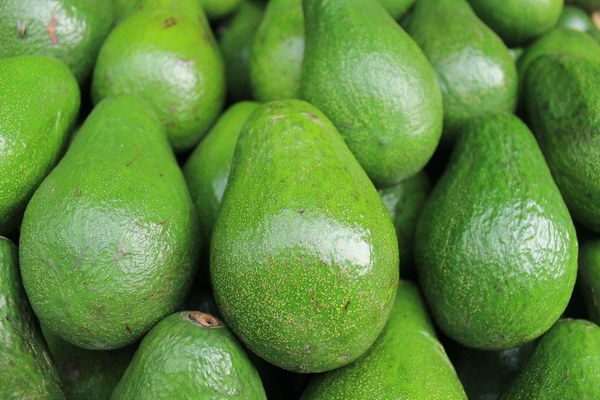Can Kidney Nephritis in Early Stages Benefit from Dietary Therapy
Introduction:

Kidney nephritis, a condition characterized by inflammation of the kidneys, can be a daunting diagnosis for patients. Early detection and intervention are crucial to managing the condition effectively. One common question among patients is whether dietary therapy can be employed in the early stages of kidney nephritis. In this article, we will explore the potential benefits of dietary therapy in the management of early kidney nephritis.
The Basics of Kidney Nephritis:
Kidney nephritis is a group of kidney diseases that can be acute or chronic. Acute kidney nephritis is usually the result of an infection or an allergic reaction, while chronic kidney nephritis can be due to long-term autoimmune diseases or other causes. Early detection and treatment are vital to prevent the progression of the disease and minimize long-term complications.
Dietary Therapy in Early Kidney Nephritis:
Dietary therapy has been shown to play a significant role in the management of kidney diseases, including early kidney nephritis. The primary goals of dietary therapy in this context are to reduce kidney workload, manage blood pressure, and control the levels of certain substances in the blood that can exacerbate kidney damage.
1. Protein Intake:
Protein intake is a critical factor in the management of kidney nephritis. In early stages, it is recommended that patients limit their protein consumption to reduce kidney workload. A low-protein diet can help to preserve kidney function and prevent further damage. However, it is essential to ensure that patients still receive adequate amounts of essential amino acids, which are vital for maintaining overall health.
2. Sodium Restriction:
High sodium intake can lead to increased blood pressure and exacerbate kidney damage. Therefore, it is important for patients with early kidney nephritis to limit their sodium intake. This can be achieved by avoiding processed and packaged foods, as well as adding herbs and spices instead of salt to enhance flavor.
3. Potassium Control:
Potassium is another electrolyte that can be problematic in kidney disease. In early kidney nephritis, it is crucial to monitor potassium levels and adjust dietary intake accordingly. Patients should avoid high-potassium foods such as bananas, oranges, and potatoes, and consult with their healthcare provider for specific dietary recommendations.
4. Fluid Intake:
Fluid balance is critical in kidney disease, as excess fluid can lead to swelling and increased blood pressure. Patients with early kidney nephritis should consult with their healthcare provider to determine the appropriate fluid intake based on their specific condition.
5. Fiber Intake:
A high-fiber diet can help manage blood pressure and improve bowel function, which is beneficial for patients with kidney disease. However, it is important to introduce fiber gradually to avoid gastrointestinal discomfort.
6. Managing Blood Pressure:
Maintaining normal blood pressure is essential for managing kidney disease. A diet low in sodium and rich in potassium can help manage blood pressure effectively.
Conclusion:
In summary, dietary therapy can be an effective tool in the management of early kidney nephritis. By focusing on protein intake, sodium restriction, potassium control, fluid balance, fiber intake, and blood pressure management, patients can help preserve kidney function and improve their overall well-being. However, it is crucial for patients to work closely with their healthcare providers to develop a personalized dietary plan tailored to their specific needs.









